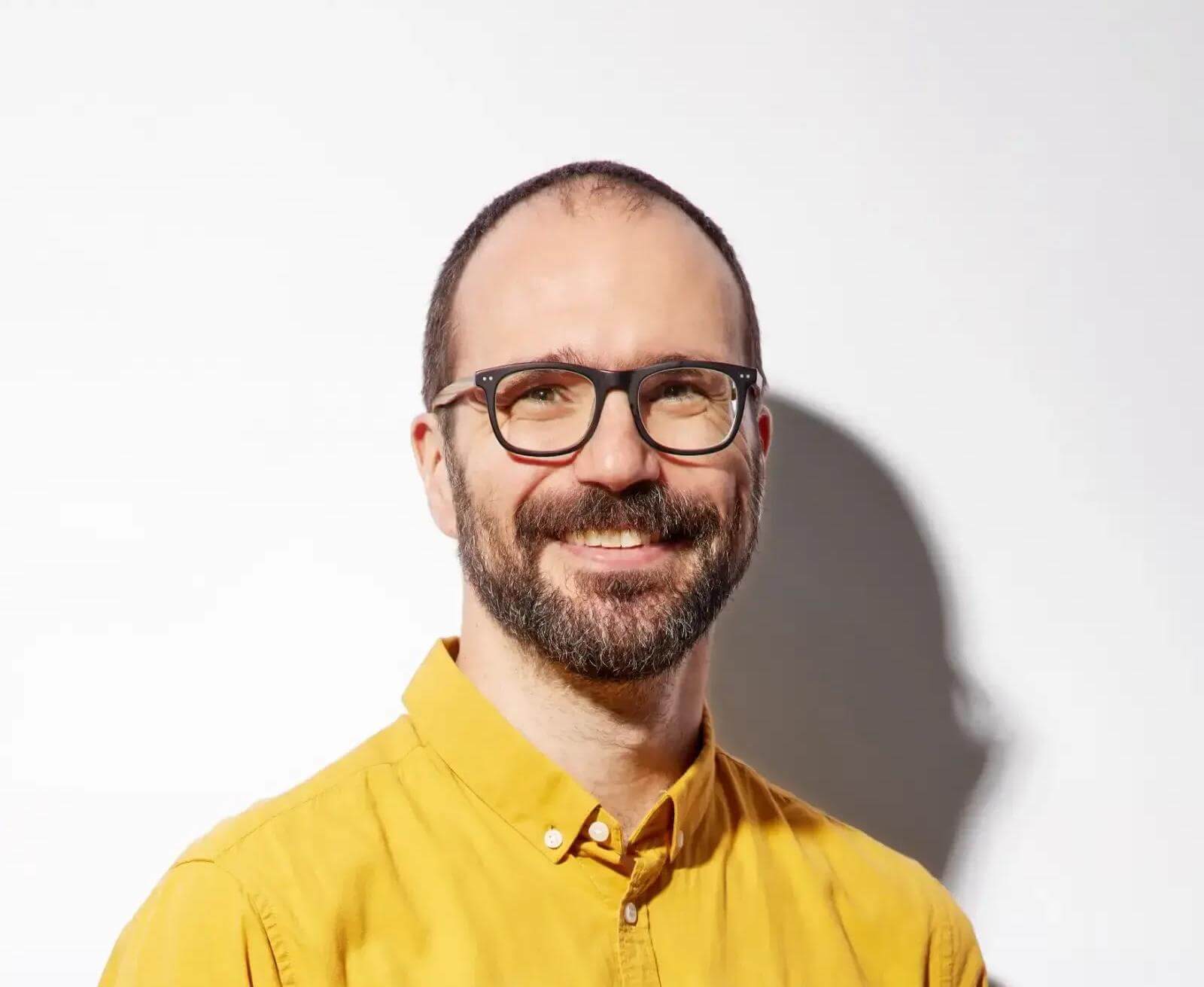The Bittersweet Lesson of Scaling in AI for Materials
Artificial intelligence has the potential to bring much-needed acceleration to the development of chemicals and materials for energy and sustainability, just as it has delivered intelligence gains in other fields. The path to success goes through scaling, perhaps exclusively through scaling. Rich Sutton's "bitter lesson" states that "general methods that leverage computation are ultimately the most effective" in AI. The corollaries are bittersweet in chemistry and materials.
The lesson permeates through the use of AI in chemistry and materials. The tremendous success of universal ML interatomic potentials (MLIPs) as surrogates for quantum-mechanical energies and forces is unarguable. Trained on 100-million-count datasets, they reflect scaling laws similar to those in language or vision models, generalizing to new scientific questions and enabling simulations that were intractable only a few years ago. Generative models, trained mostly on the same synthetic data, are now being used to propose novel materials at machine speed. The discussion around the power of inductive bias (energy conservation, equivariance) and whether it is better reflected in model architecture or in training strategy is very much ongoing. The physical sciences may well be the last holdout for domain knowledge and inductive bias—or they may ultimately follow the same trends as other domains.
But MLIPs are surrogates for physics-based simulators, and arguably, materials only truly matter if they are made in the lab and then scaled up industrially and commercially. This is the truly bitter scaling lesson in materials. The promise of AI for chemistry and materials must ultimately be realized through very traditional, expensive, and slow channels. In this talk, Professor Rafael Gomez-Bombarelli will describe his group’s work both in the highly scalable fusion of simulations and machine learning, and in the "high-contact" and lower-throughput effort of translating AI designs into tangible, scalable products in areas like heterogeneous catalysis, battery materials, and sustainable polymers.
Our Speaker:

Rafael Gomez-Bombarelli
Rafael Gomez-Bombarelli is the Paul M. Cook Associate Professor in MIT's Department of Materials Science and Engineering and co-founder and Chief Scientific Officer at Lila Sciences. He earned his undergraduate and graduate degrees in chemistry from the University of Salamanca, Spain, and conducted postdoctoral research at Heriot-Watt University and Harvard University under Alan Aspuru-Guzik. His research integrates machine learning with atomistic simulations to expedite the discovery and design of novel materials for applications in energy, sustainability, and healthcare.


